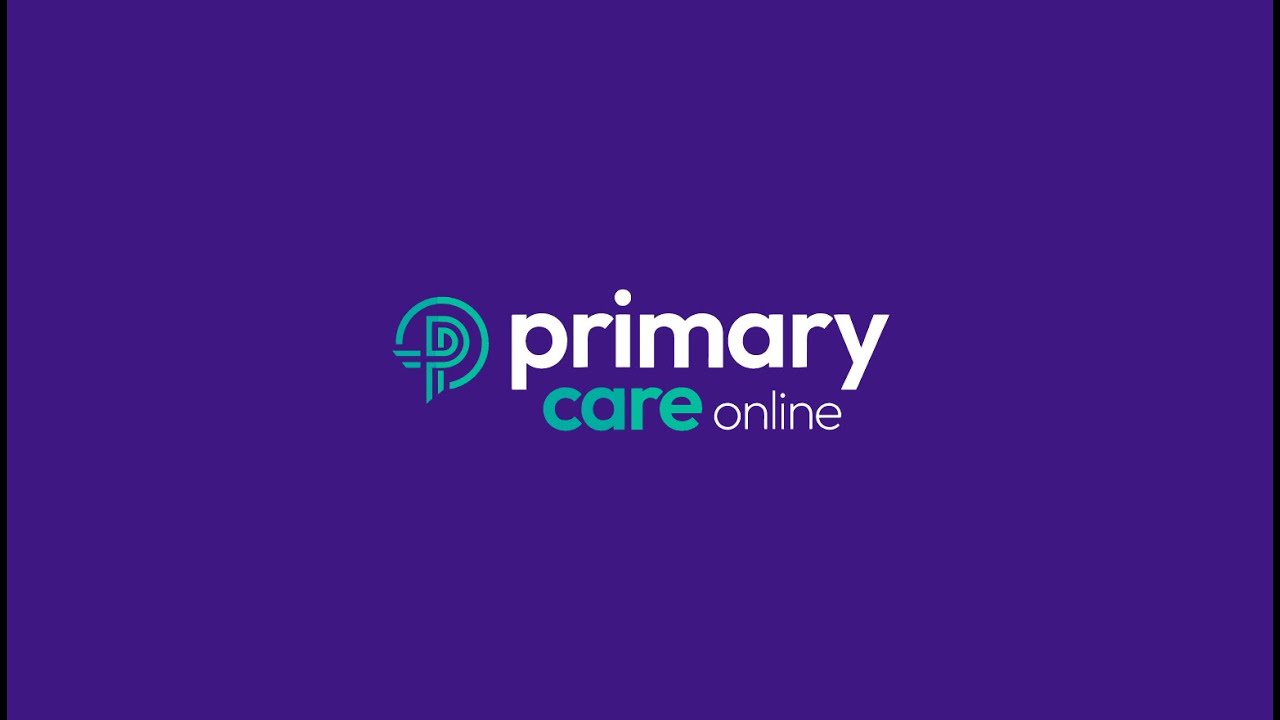Good health doesn’t happen by accident it’s built through awareness, prevention, and consistent care. That’s exactly what primary care provides. At First Care Family Clinic, patients receive comprehensive medical attention that focuses not just on treating illness, but preventing it before it begins. From annual exams to chronic disease management, primary care plays a crucial role in maintaining long term wellness and identifying potential risks early.
What Is Primary Care and Why It Matters
Primary care is the foundation of every strong healthcare system. It’s where your medical journey begins the first point of contact between you and your healthcare provider. Unlike emergency or specialty care, primary care takes a proactive approach. It focuses on early detection, disease prevention, and personalized health planning.
A trusted primary care provider knows your medical history, lifestyle, and family background. This ongoing relationship allows them to notice small changes that might otherwise go unnoticed, helping catch potential health issues before they become serious.
The Preventive Power of Primary Care
One of the biggest strengths of primary care is prevention. Instead of waiting for symptoms to worsen, your provider works to stop illnesses in their earliest stages.
- Routine Health Screenings
Regular screenings such as blood pressure checks, cholesterol tests, and cancer screenings help detect diseases early. Early diagnosis leads to better treatment outcomes and lower healthcare costs. - Vaccinations and Immunizations
Primary care ensures that both adults and children stay up to date on vaccines, protecting individuals and communities from preventable diseases. - Lifestyle Guidance
Beyond medical checkups, primary care includes advice on diet, exercise, sleep, and stress management all of which significantly influence long term health.
By addressing potential problems early, primary care helps you avoid emergency visits and hospitalizations, saving both time and money.
Building a Healthier Future Through Consistent Checkups
Consistency is key when it comes to health. Regular checkups create a timeline of your body’s progress, making it easier for your provider to notice unusual patterns.
- Annual Wellness Visits
These visits are not just for when you’re sick. They help assess your overall health, identify risk factors, and track improvements. - Chronic Condition Monitoring
Patients with diabetes, high blood pressure, or asthma benefit from frequent visits that keep their conditions under control and prevent complications. - Mental Health Support
Primary care doesn’t only focus on physical well being. Screenings for anxiety, depression, and stress ensure a complete approach to wellness.
Through consistent visits, primary care creates a safety net that keeps you healthy, aware, and prepared.
How Primary Care Reduces Long Term Health Risks
Preventing serious health problems requires more than quick fixes. Primary care focuses on sustainable habits and continuous monitoring to prevent diseases before they take hold.
- Early Detection of Chronic Illnesses
Conditions like heart disease and diabetes often develop silently. Routine testing allows providers to spot warning signs early. - Managing Risk Factors
Primary care physicians track blood sugar, cholesterol, and blood pressure critical indicators that can predict major health issues if unmanaged. - Coordinating Specialty Care
If you need a specialist, your primary care provider ensures smooth coordination. This continuity of care prevents confusion and improves treatment outcomes. - Patient Education
Understanding your body and health empowers you to make informed choices. Education is a powerful tool in preventing long term illness.
The Role of Family Medicine in Primary Care
Family medicine is at the heart of primary care. It focuses on treating individuals across all ages from infants to seniors under one roof. This allows doctors to understand family health patterns, genetic risks, and shared lifestyle factors.
When families visit the same provider, communication becomes easier, and preventive strategies are more effective. This holistic approach ensures that no detail is overlooked, helping families stay healthy together.
Why Primary Care Builds Trust and Continuity
Trust is essential in healthcare. With a consistent provider, patients feel comfortable discussing concerns they might otherwise ignore. Over time, this trust leads to better communication, accurate diagnoses, and timely care.
Continuity also means your doctor knows your complete history medications, allergies, past illnesses reducing the risk of unnecessary tests or treatments. In the long run, this relationship becomes one of your greatest health assets.
Technology and the Modern Approach to Primary Care
Technology has made primary care more efficient and patient centered than ever. Electronic health records, telemedicine, and online appointment systems allow providers to track health trends and respond quickly to patient needs.
Virtual consultations now make it possible to discuss symptoms or review lab results without leaving home. This accessibility ensures that patients stay engaged in their health journey even with busy schedules.
Why Ignoring Primary Care Can Be Risky
Skipping primary care may not show immediate consequences, but it can lead to serious problems later. Without regular checkups, early warning signs of diseases can go unnoticed. This delay often results in advanced illness, higher treatment costs, and longer recovery times.
Regular primary care ensures small issues like high blood pressure or weight changes are managed early, reducing the risk of major health complications down the line.
Conclusion
Primary care is not just a service; it’s a partnership that promotes lifelong wellness. By focusing on prevention, early detection, and continuous support, it helps individuals and families stay healthy and informed. At First Care Family Clinic, patients experience compassionate and comprehensive care tailored to their unique needs. Investing in primary care today means investing in a healthier, stronger tomorrow for you and your loved ones.
FAQs
1. What does a primary care doctor do?
A primary care doctor provides routine checkups, preventive care, and treatment for common illnesses while coordinating specialist referrals if needed.
2. How often should I visit my primary care provider?
At least once a year for an annual wellness exam, or more frequently if you have ongoing health conditions.
3. Can primary care help manage chronic diseases?
Yes, primary care doctors monitor conditions like diabetes, asthma, and hypertension to prevent complications.
4. Is primary care the same as family medicine?
They overlap. Family medicine is a type of primary care focused on treating all ages and family units.
5. Why is primary care important?
It helps detect health problems early, promotes prevention, and supports long term health through consistent monitoring and education.



